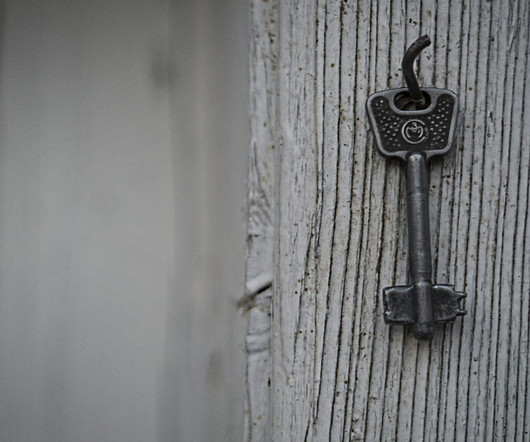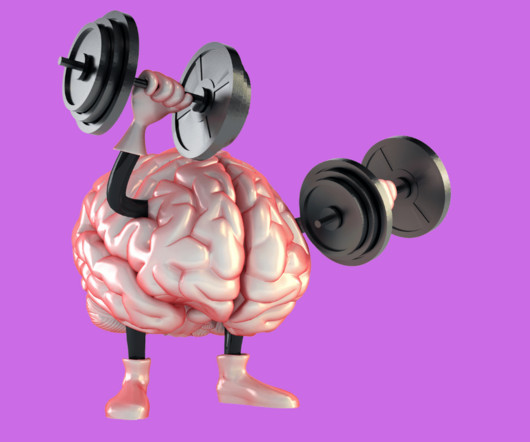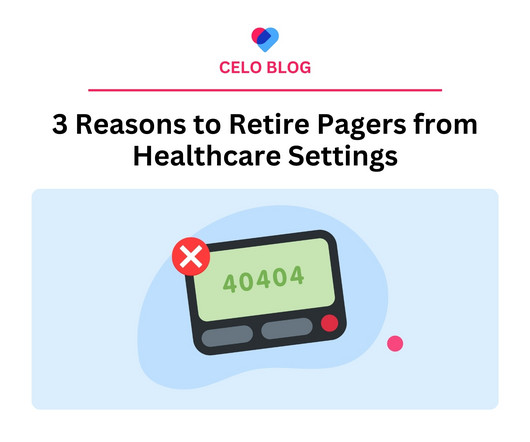Awareness, Education Keys to Trauma-Informed Hospice Care
Hospice News
DECEMBER 7, 2023
Having a greater understanding around the impacts of trauma and abuse can help hospices improve end-of-life experiences for patients and working conditions for staff. Training and education are keys to caring for patients and employees with unique needs impacted by trauma and abuse. This is the final installment of a two-part series that digs into the ways hospice providers are addressing challenges related to abuse and traumatic experiences among patients and their workforce.















Let's personalize your content